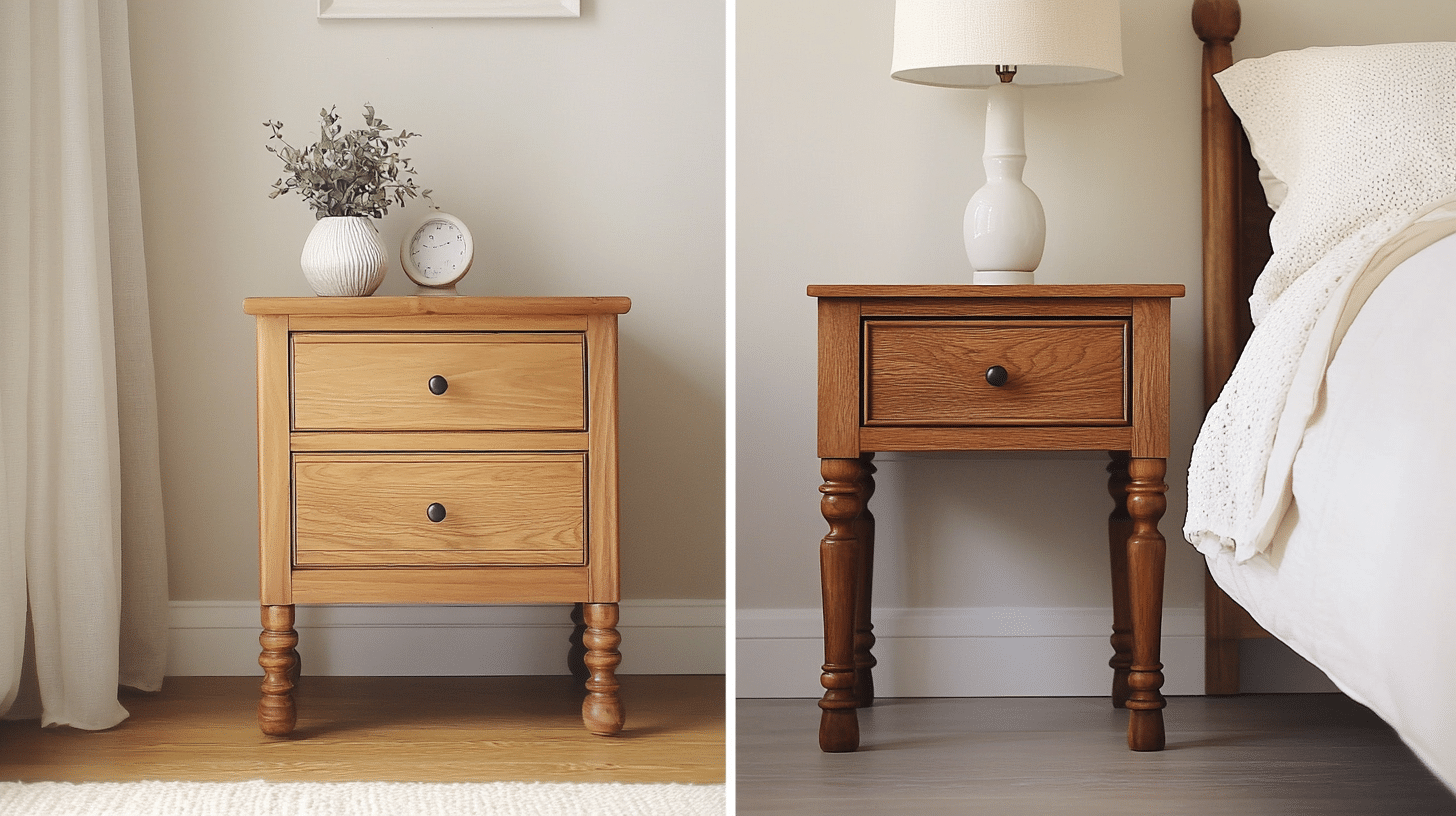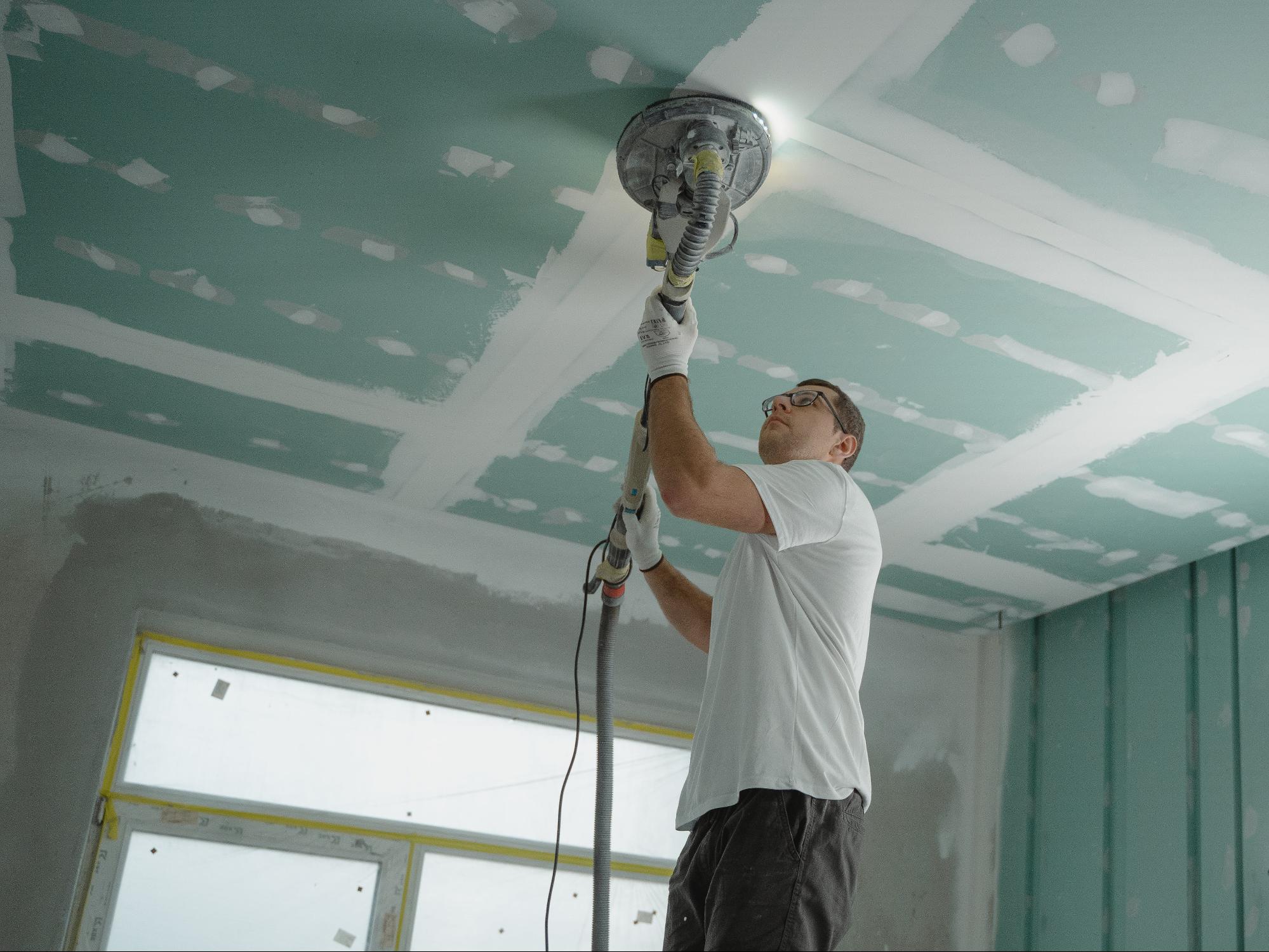What to Ask: Ensuring Reliable In-Home Care for Disability Needs
When you or a loved one needs help at home because of a disability, finding the right caregiver can be a big decision. It’s really important to ask the right questions to make sure the caregiver is a good fit.
Here’s a simple guide that will help you understand what to ask when looking for in-home care. This way, you’ll feel more confident about finding the best help possible.
Qualifications and Experience
Start by asking about the qualifications and experience of the disability in home care caregivers. You want to know if they have worked with people who have similar needs before. Do they have training in providing disability care? Have they helped other families like yours?
Experience matters because it tells you if the caregiver knows what to do in different situations. It’s like hiring a coach for a sport – you want someone who has played the game before and understands all the rules.
Training in Disability Care

Ask about the type of training they have received for working with people with disabilities. Not all caregivers are the same; some may have special training that can make a big difference. For instance, if someone uses a wheelchair, the caregiver should know how to help them move safely.
Training also helps caregivers handle different situations calmly and with care. This is important so everyone feels safe and comfortable at all times.
Creating a Care Plan
Each person with a disability is unique. That means the care they need should be just as special. Ask the care agency or caregiver if they can make a care plan that fits your needs or the needs of your loved one. A good caregiver will sit down and talk with you to understand what’s most important.
They will make a plan that includes things like meal times, medication schedules, and activities that the person enjoys. This way, care is not just about staying safe but also about staying happy.
Availability and Flexibility
When you look for in-home care, find out if the caregiver has the time and flexibility to meet your needs. For example, do you need care in the mornings or evenings?
Can the caregiver stay longer if something unexpected comes up? It’s also important to ask if they can fill in during weekends or holidays. Care needs may change, and having someone who is flexible can really help. It’s like having a friend who can always be there when you need them the most.
Disabilities They Have Worked With
Not all disabilities are the same. Some people may need help moving around, while others might need help remembering things.
Ask if the caregiver has experience with your specific needs. This helps make sure they understand how to provide the best care. If a caregiver has worked with someone with the same challenges, they will likely know how to make life easier for you or your loved one.
Communication
Ask about how the caregiver communicates with you and others involved in the care. Will they keep you updated about how things are going? Can they share important information with family members or doctors? Good communication is very important in making sure that everything is going well.
You want someone who will talk to you if they notice anything unusual or if changes are needed in the care plan. Knowing what is happening can give you peace of mind.
Emergency Situations
Life can be unpredictable, and emergencies can happen. Ask the caregiver or agency about their plan for handling emergencies. For example, what would they do if the person they are caring for suddenly felt unwell?
Caregivers should know basic first aid, and they should know who to call in case of an emergency. This is important because it makes sure that the person they care for stays safe even if something unexpected happens.
Special Care Needs
Some disabilities require extra special care. For example, if someone has sensory processing disorder and they take time processing information from senses, the caregiver might need specific skills to help with that. Make sure to ask if they can handle any special needs that you or your loved one has.
When a caregiver understands these needs, they can make everyday activities easier and more enjoyable. It’s about making sure that the person with a disability can live as fully as possible.
Finding the right services for looking after someone with a disability in home care can seem like a big challenge. But by asking the right questions and knowing what to look for, you can make a better choice. The right caregiver can help make life easier, happier, and more comfortable for you or your loved one.







